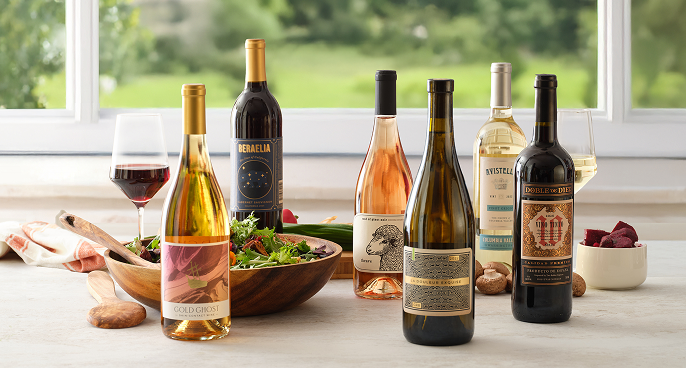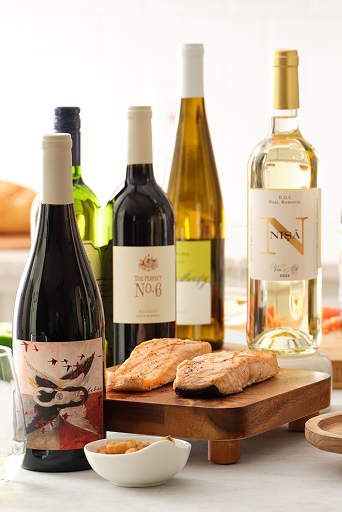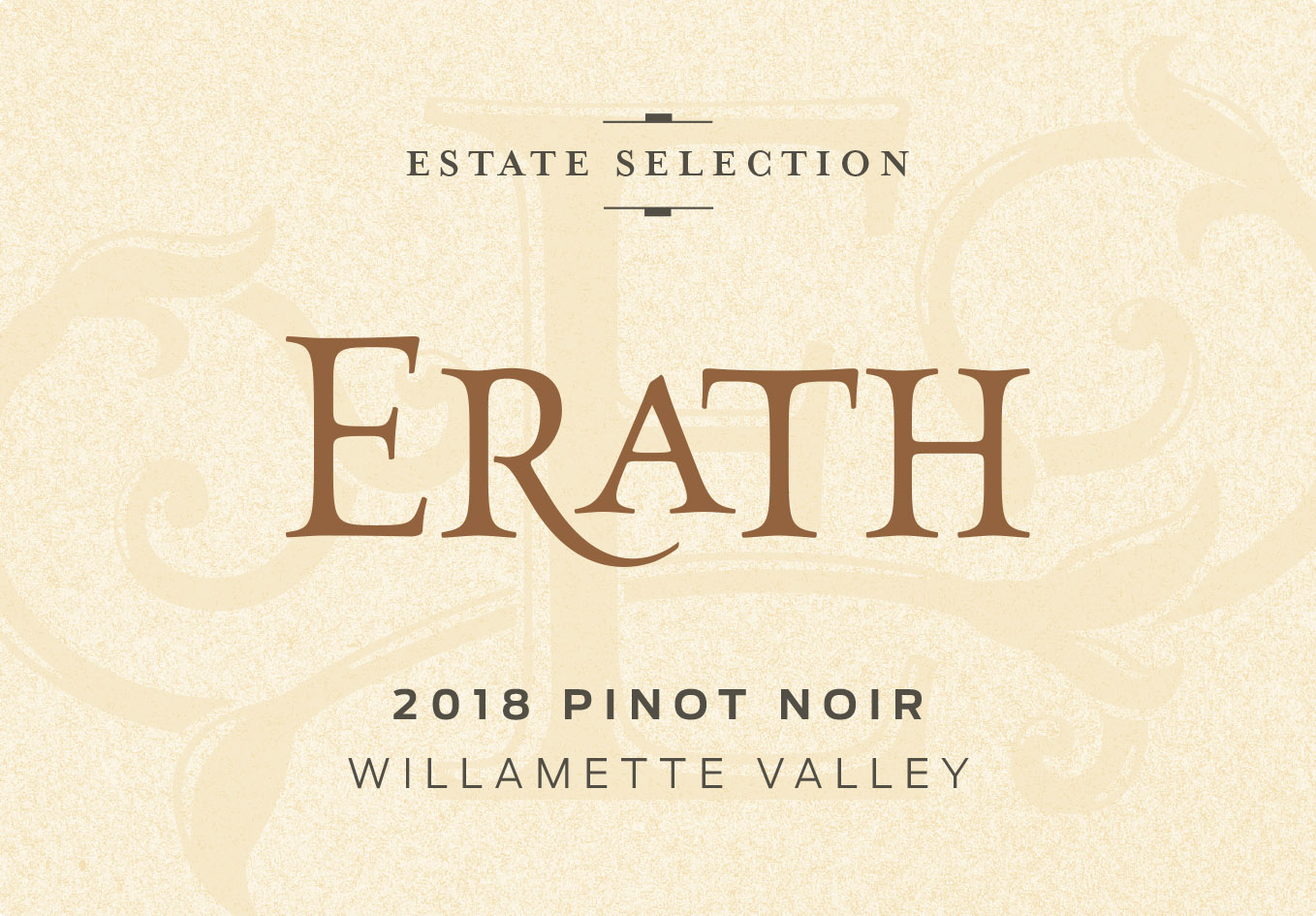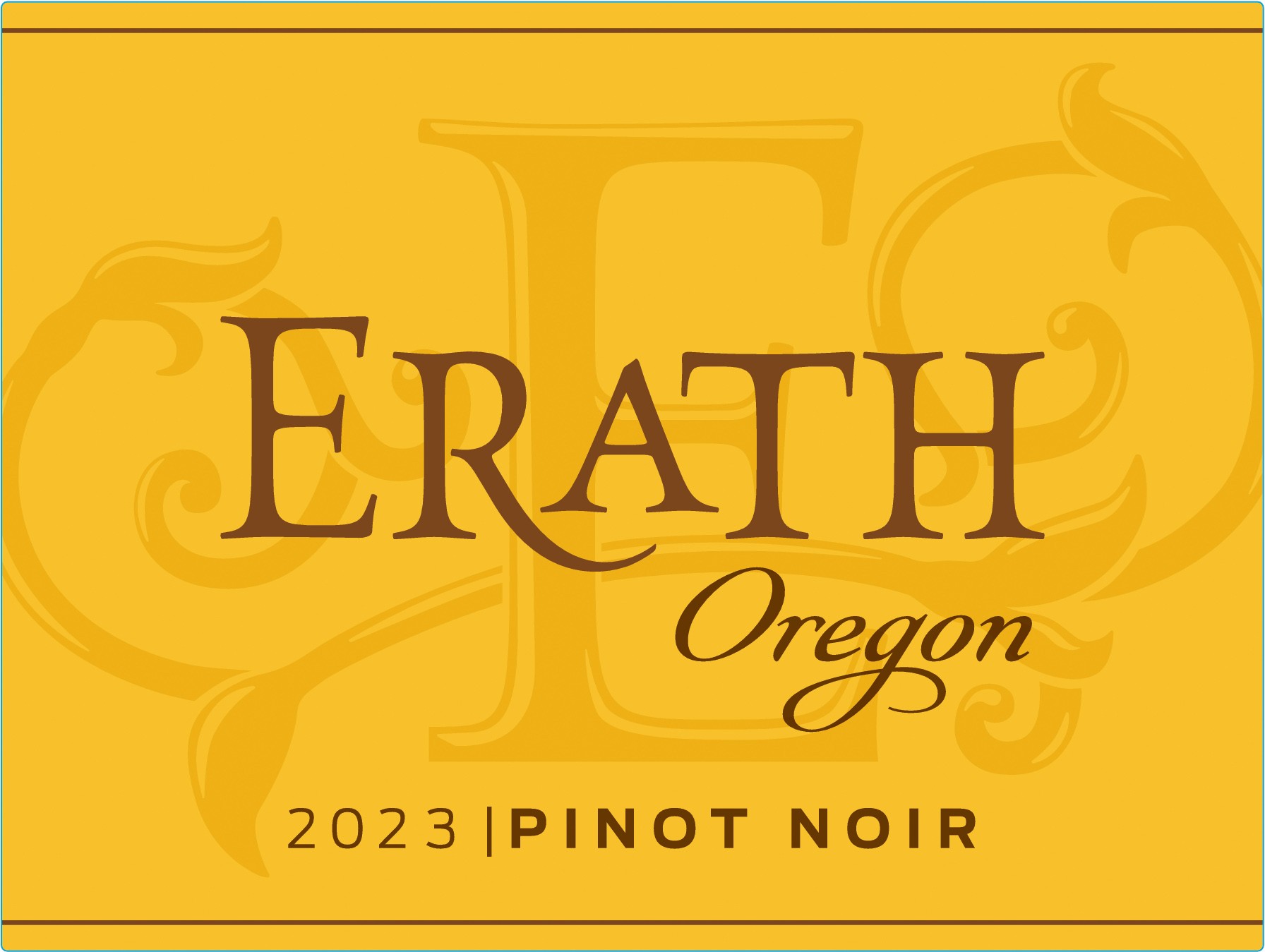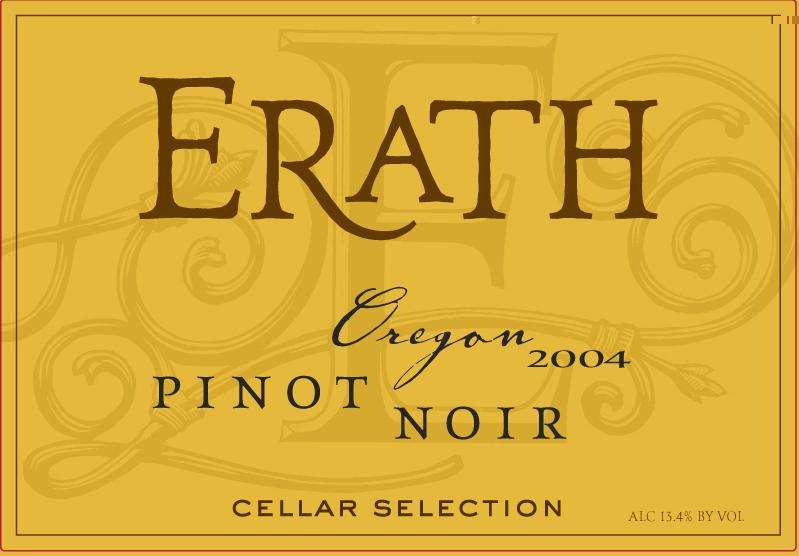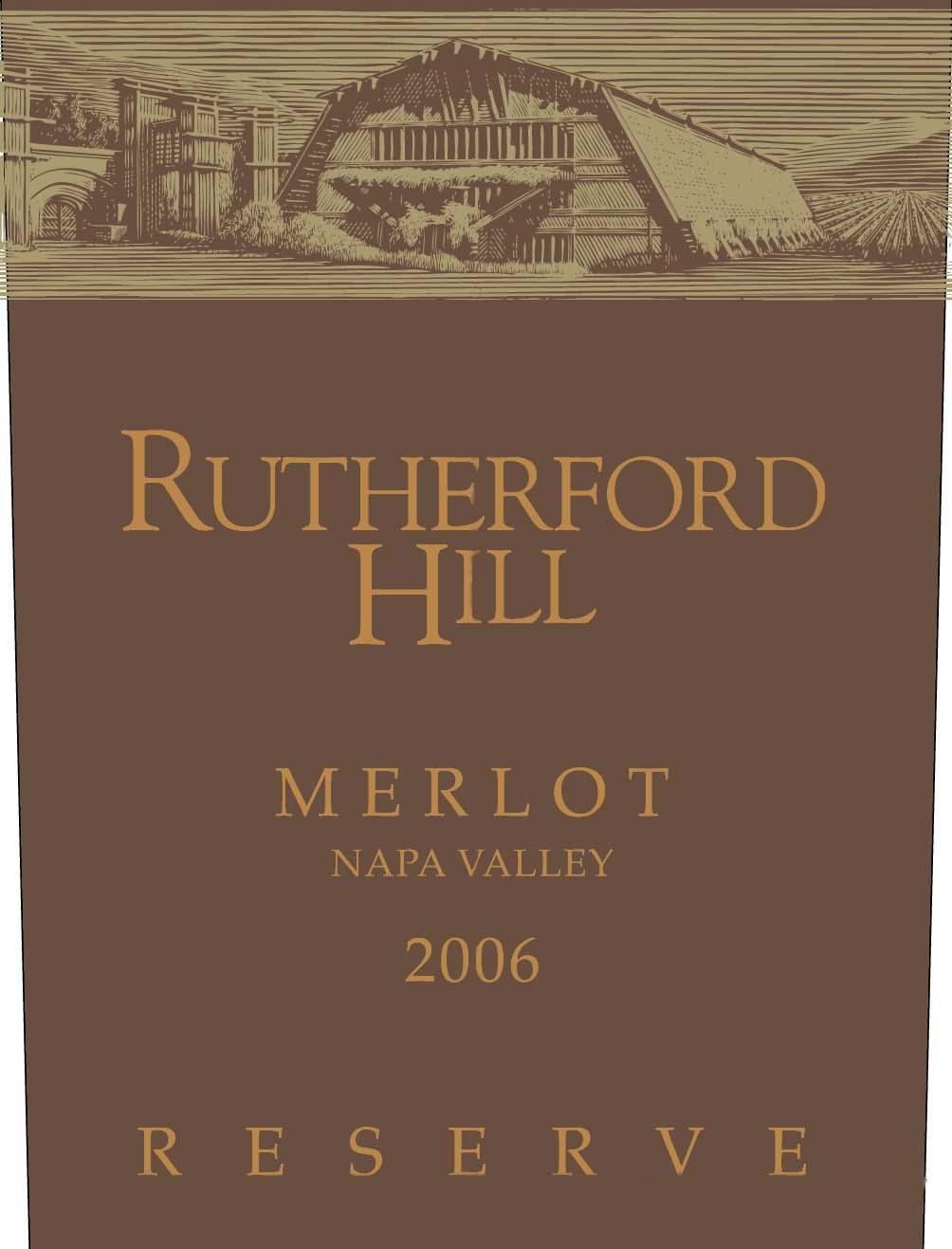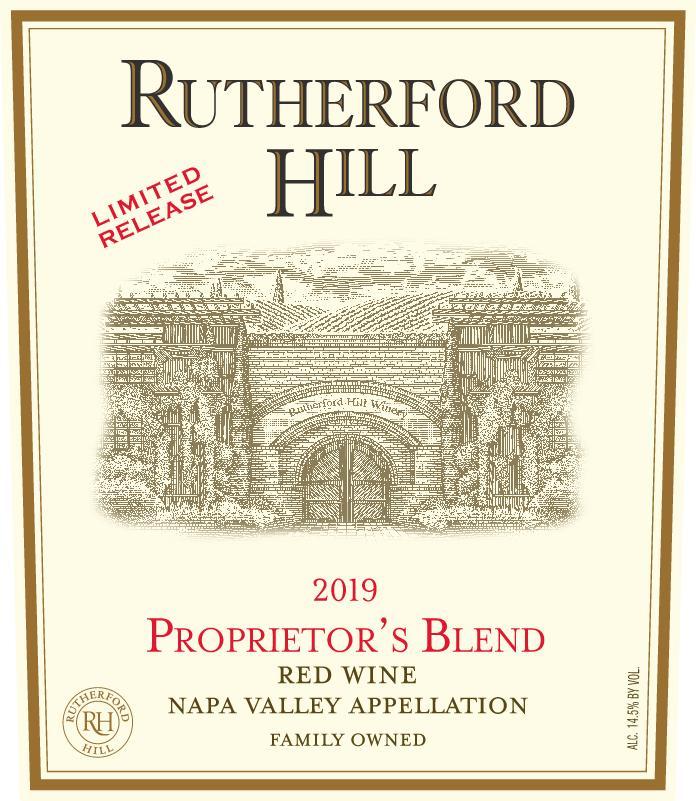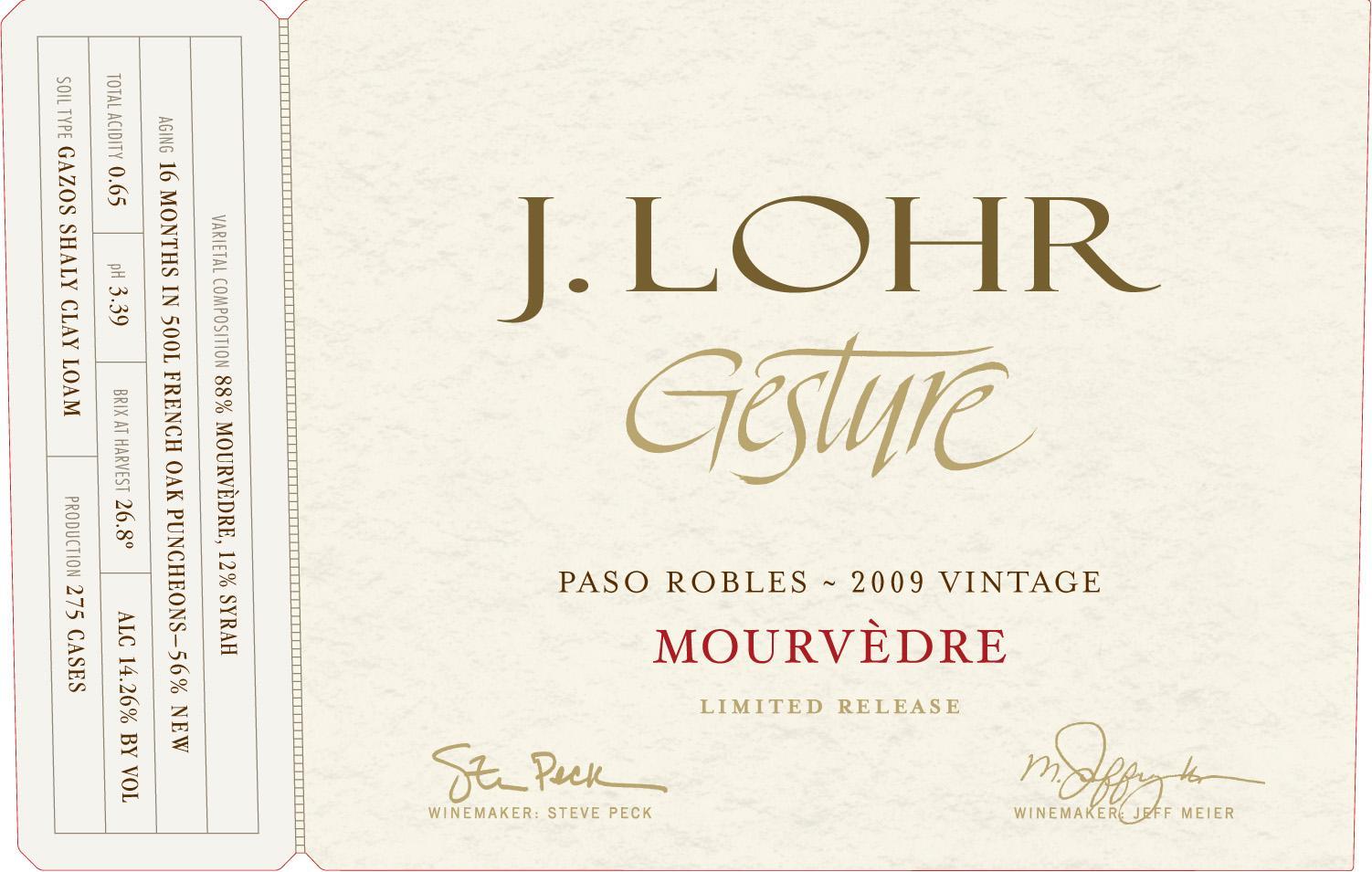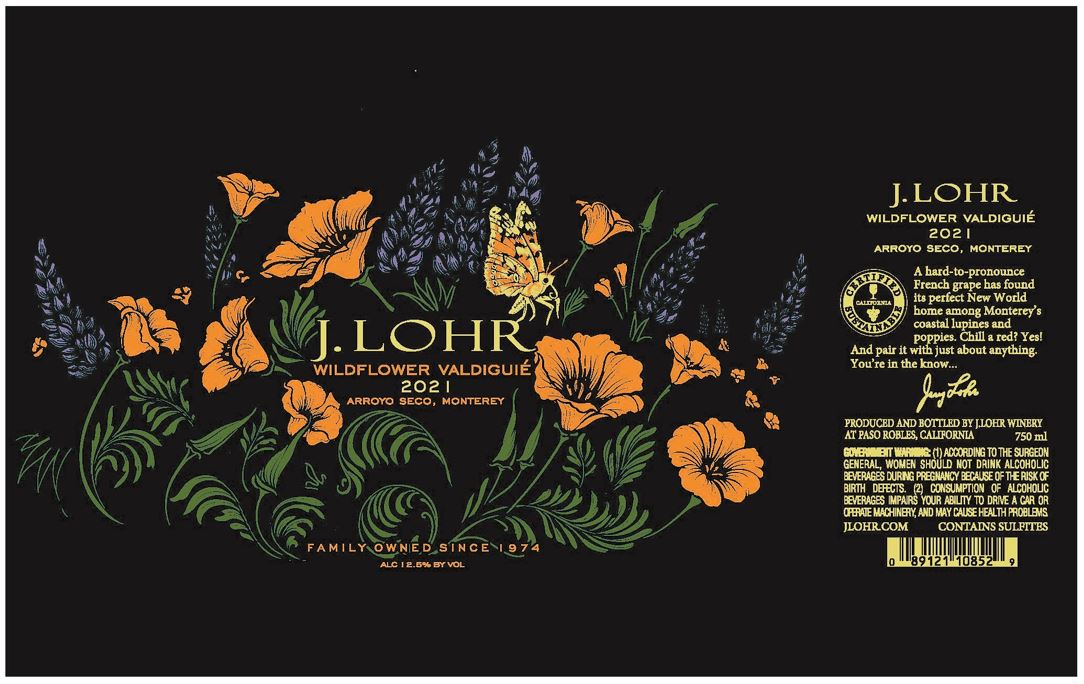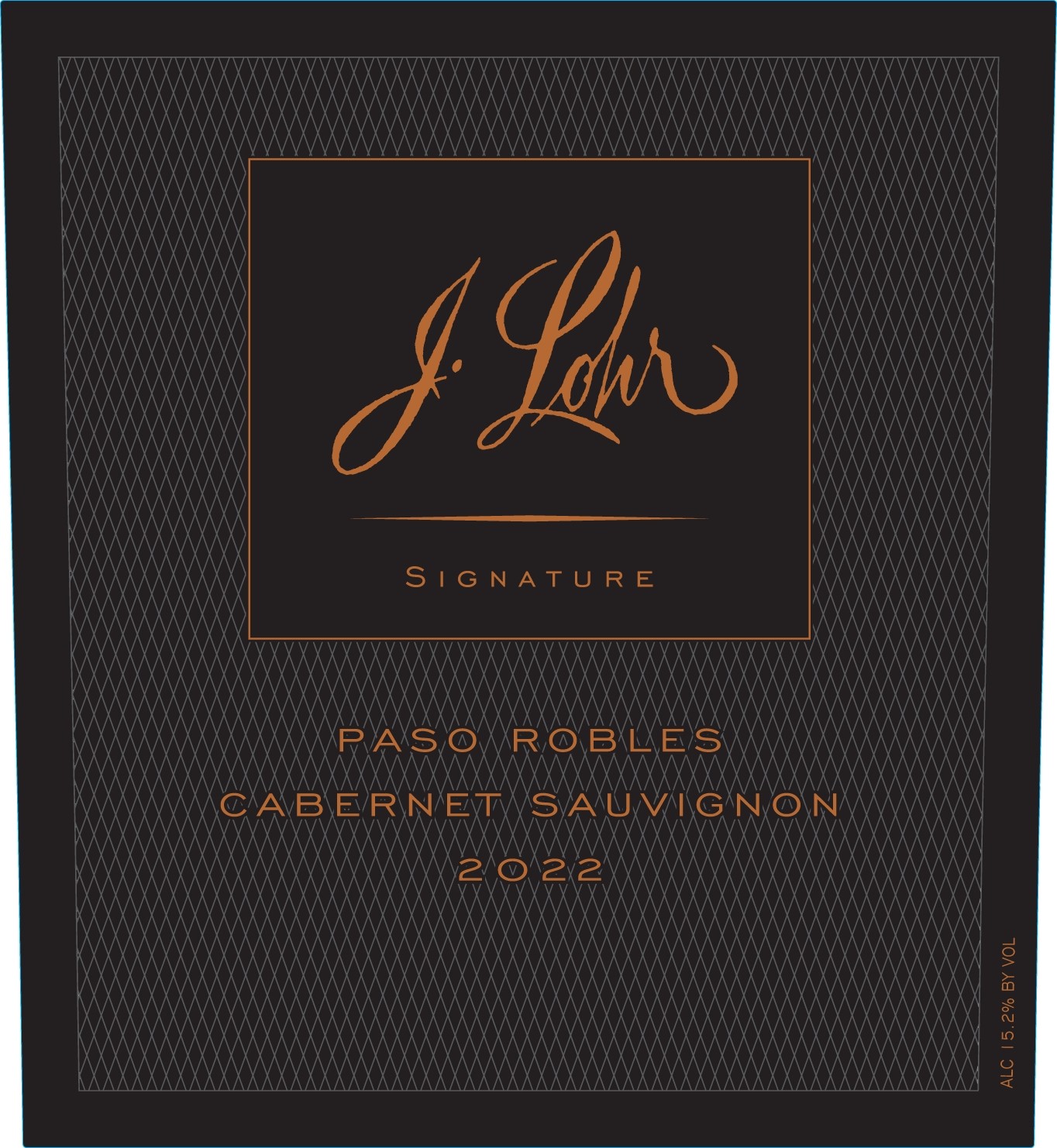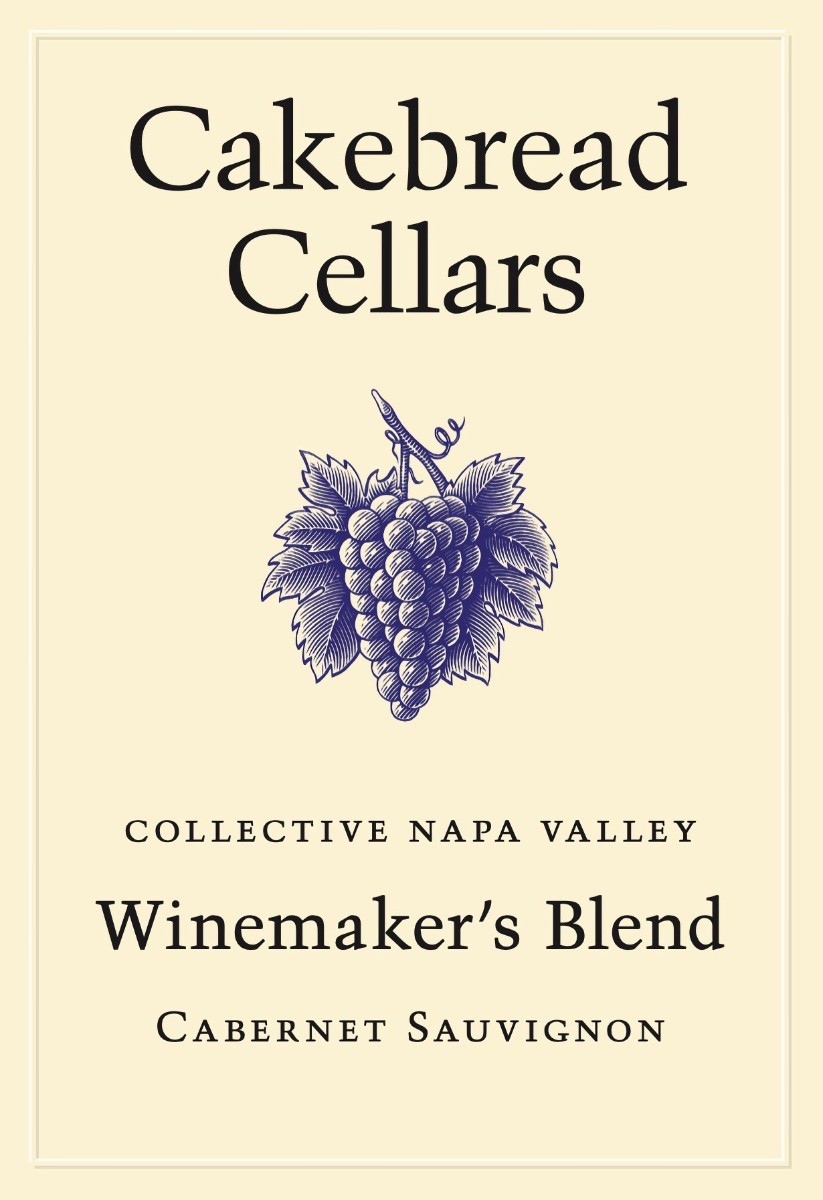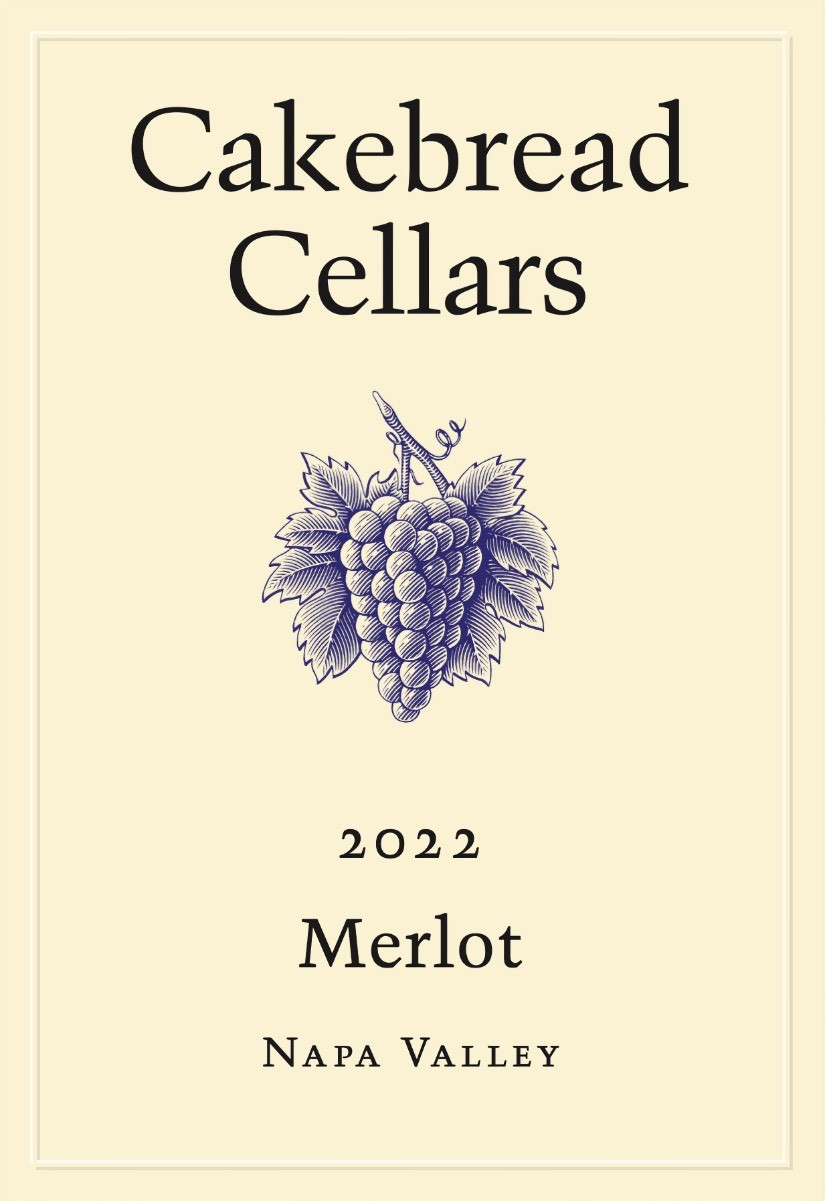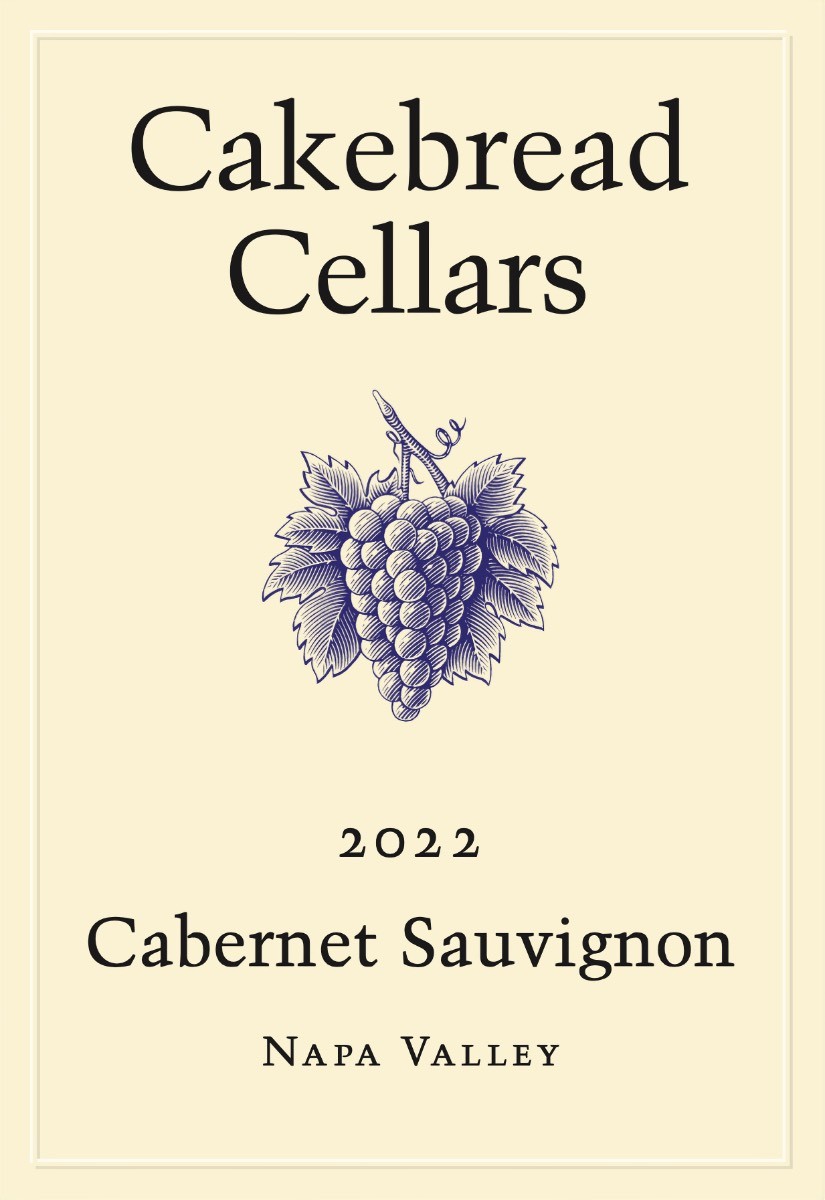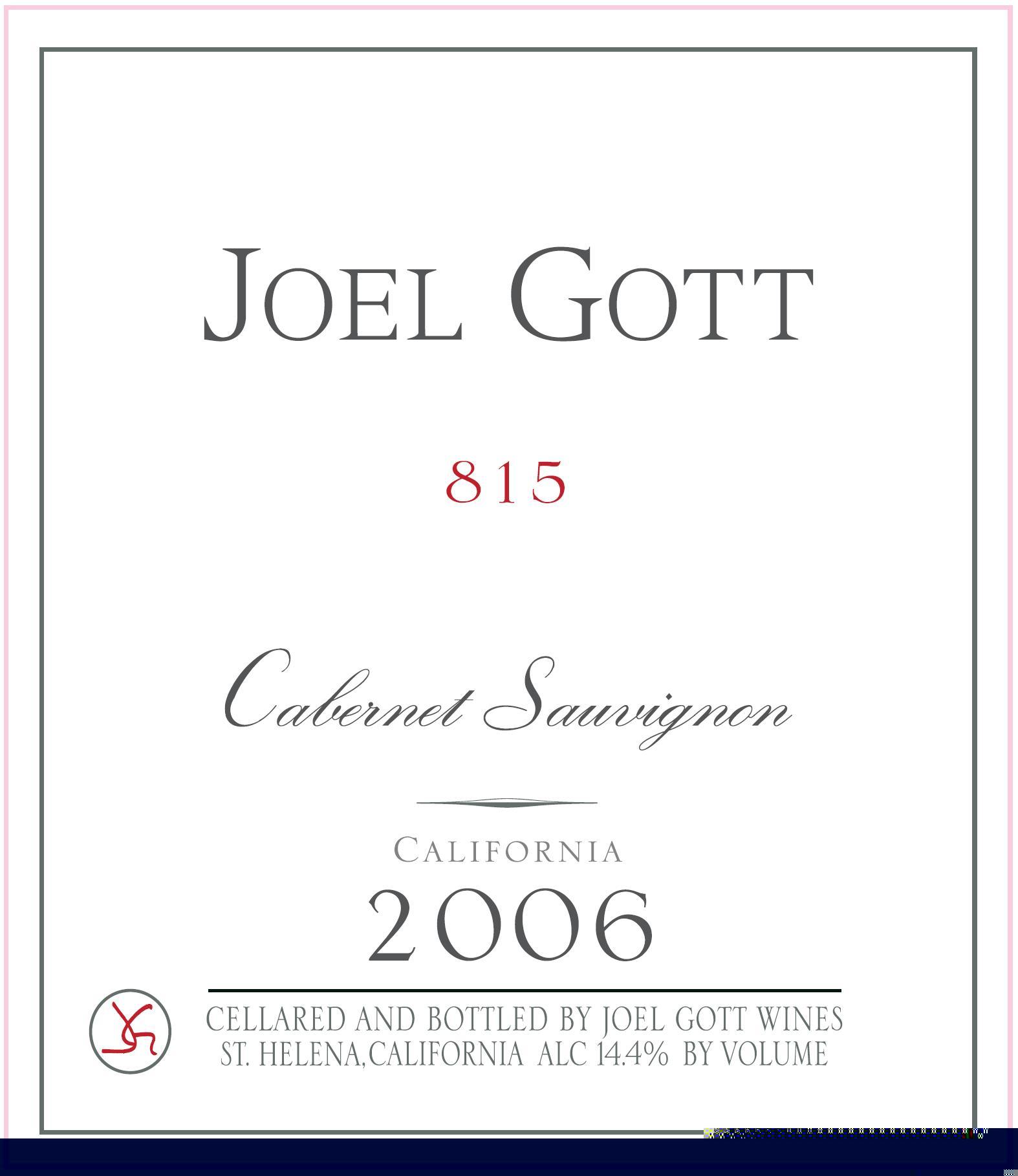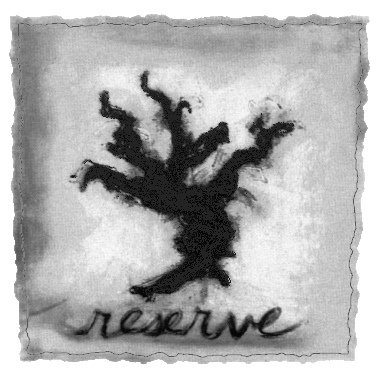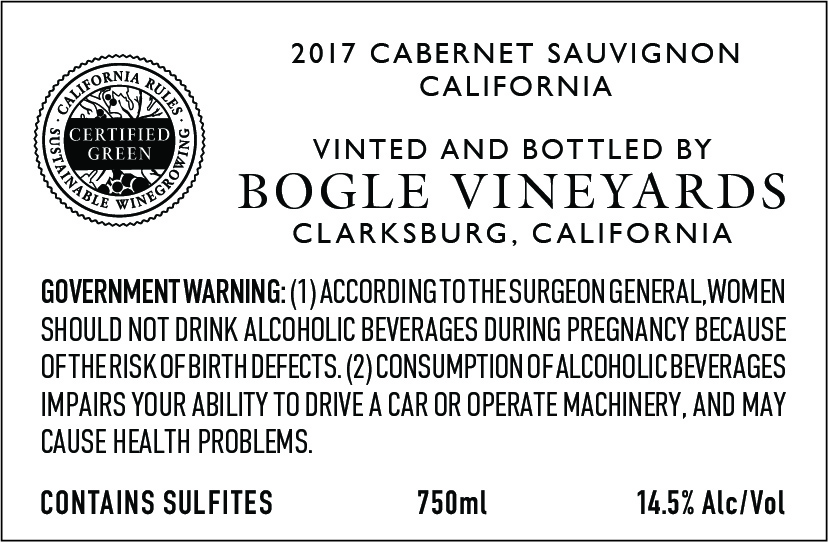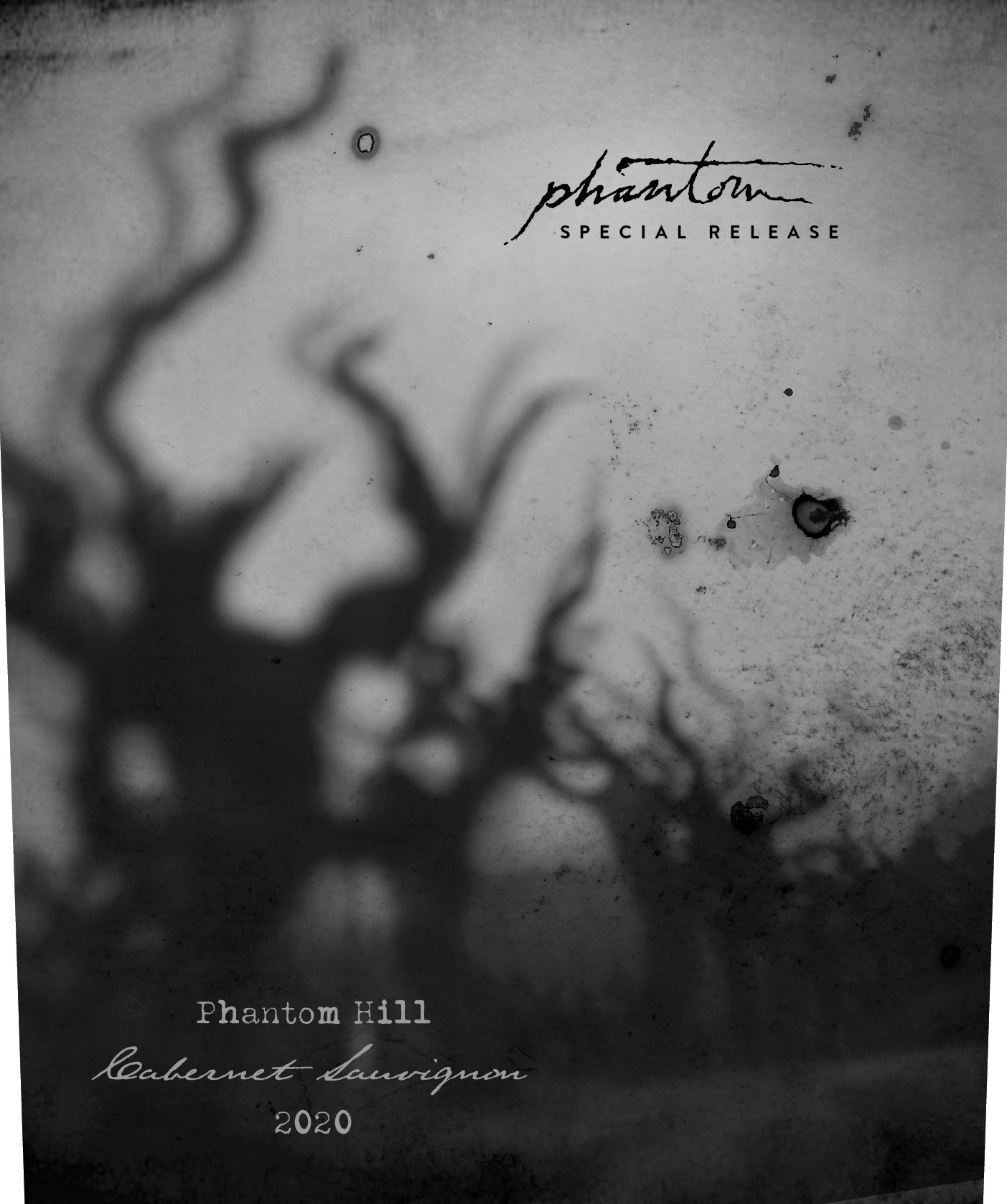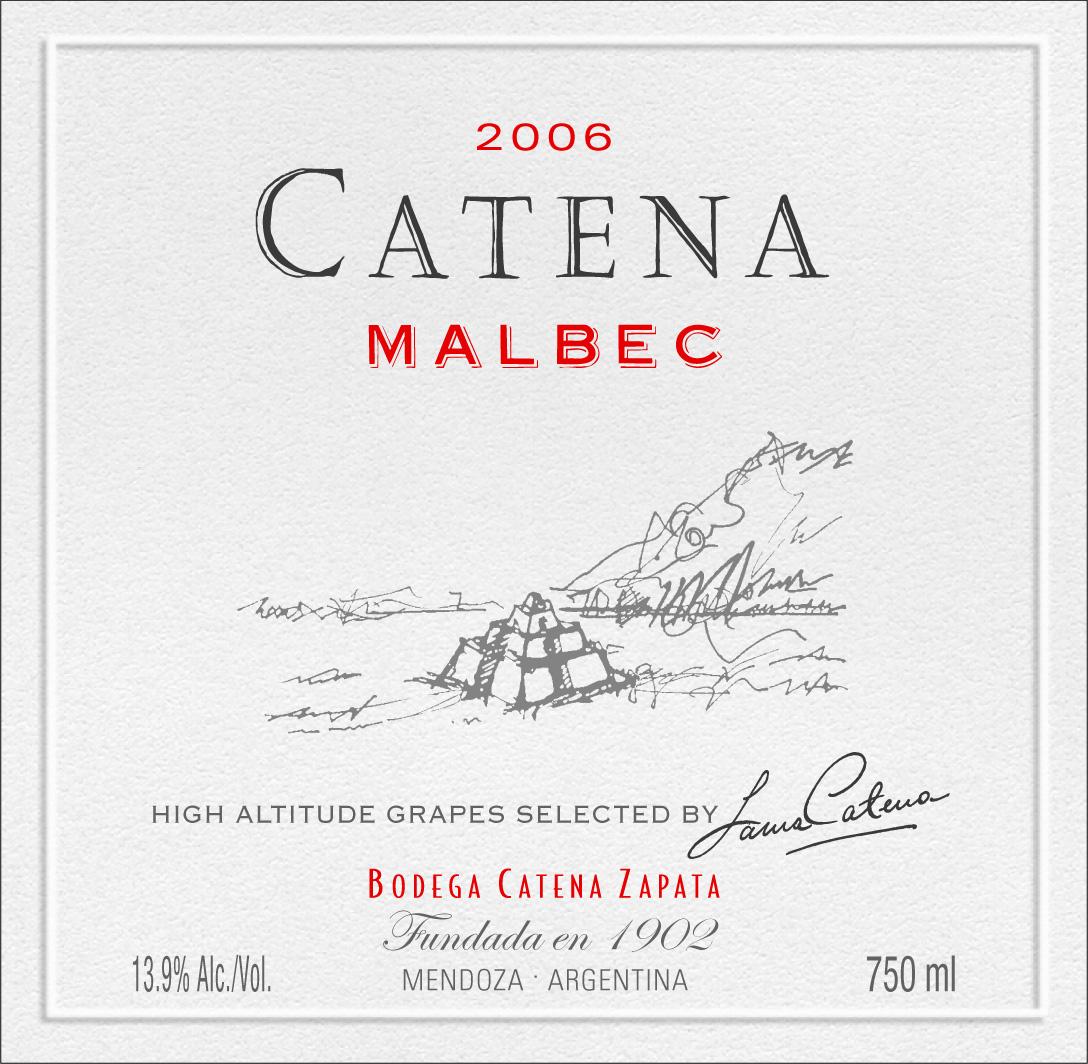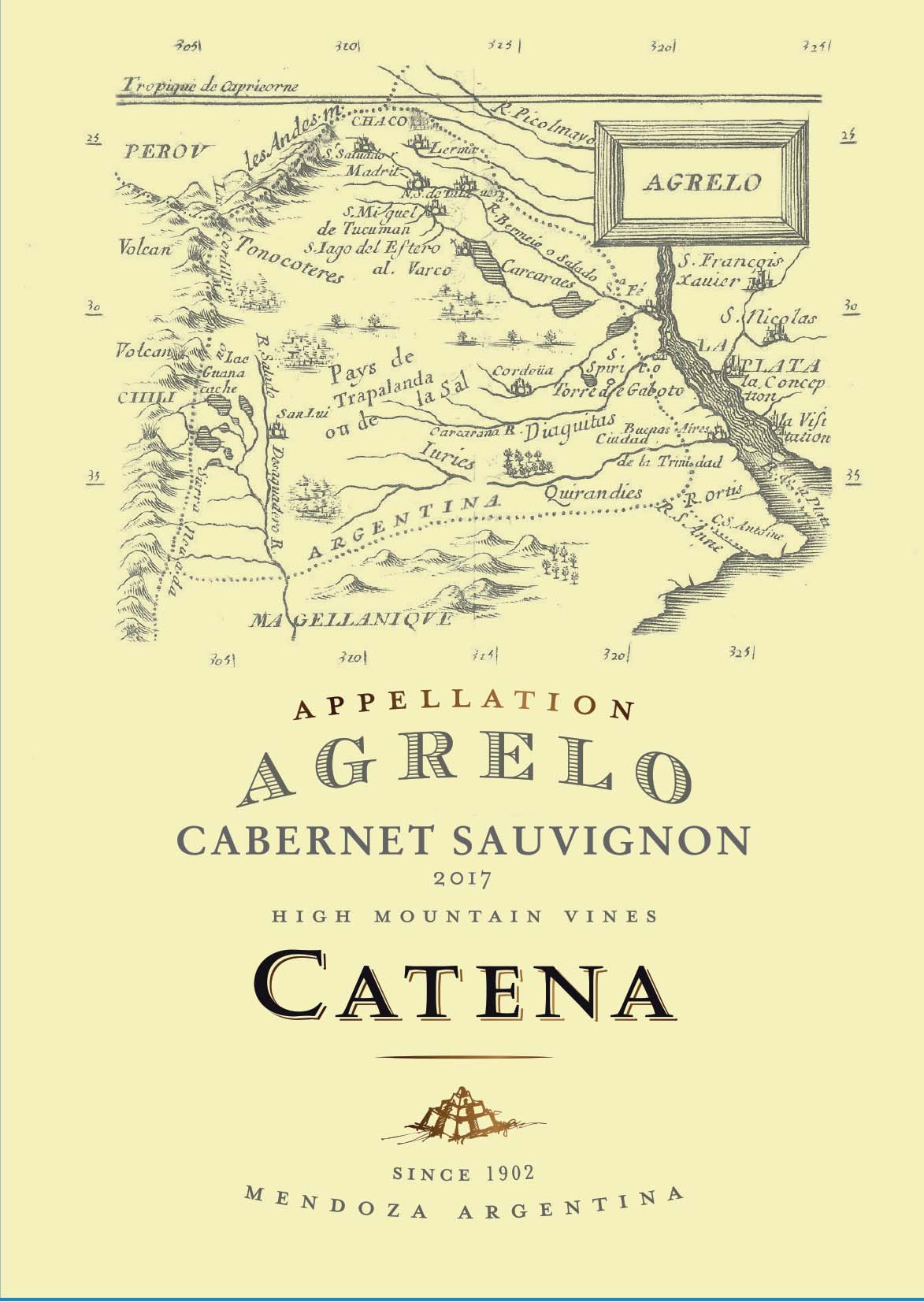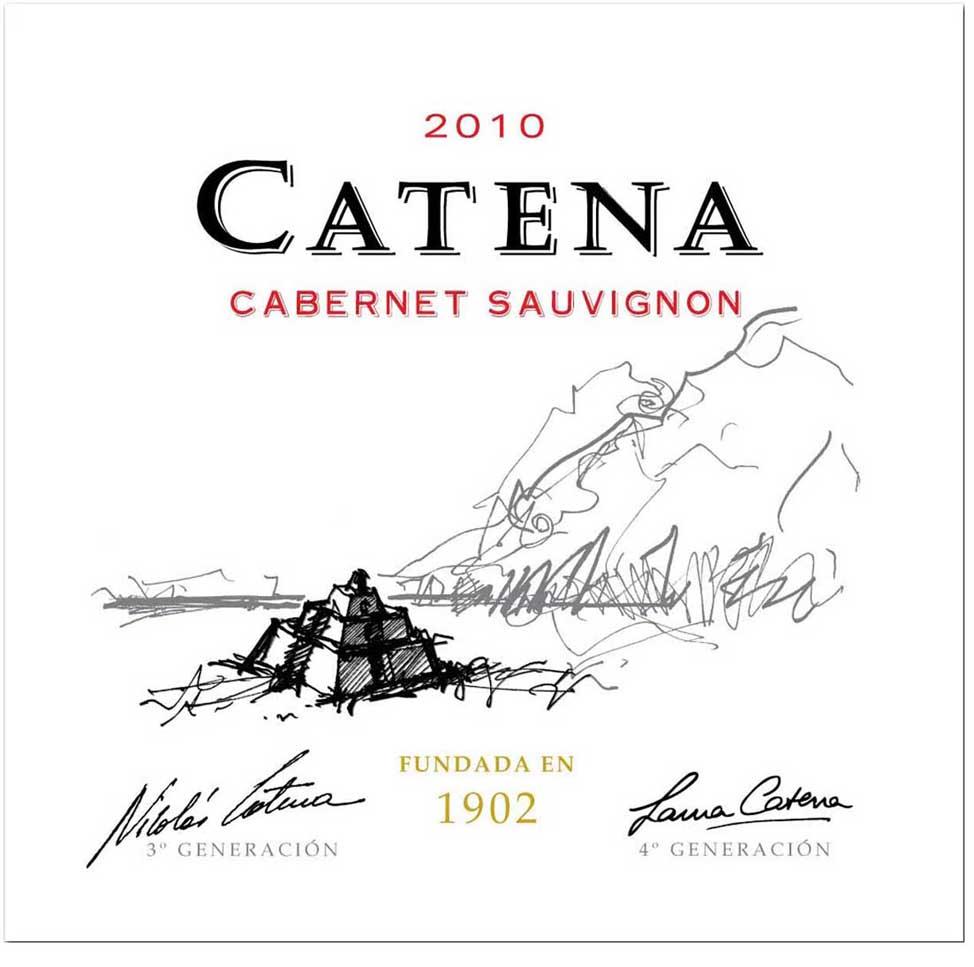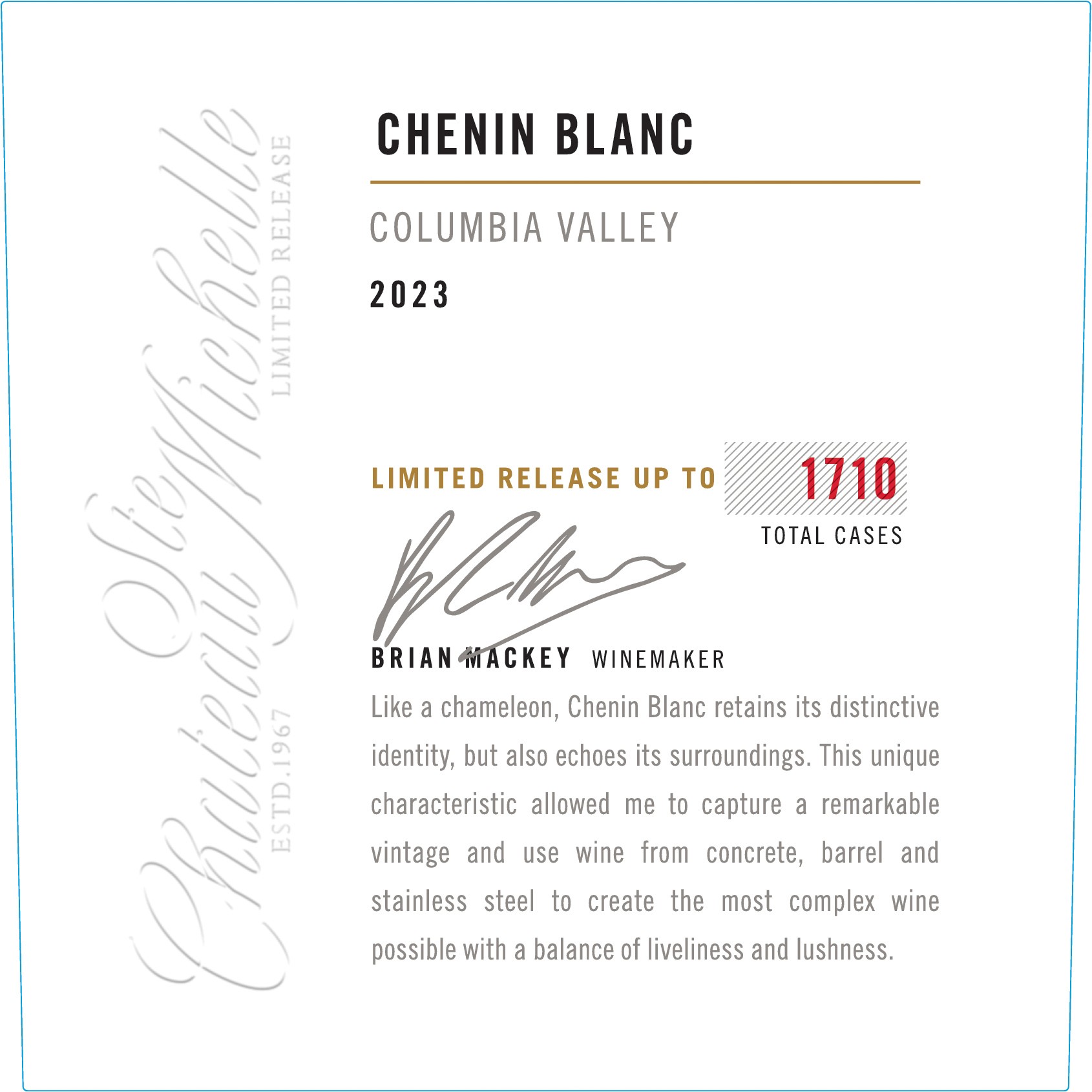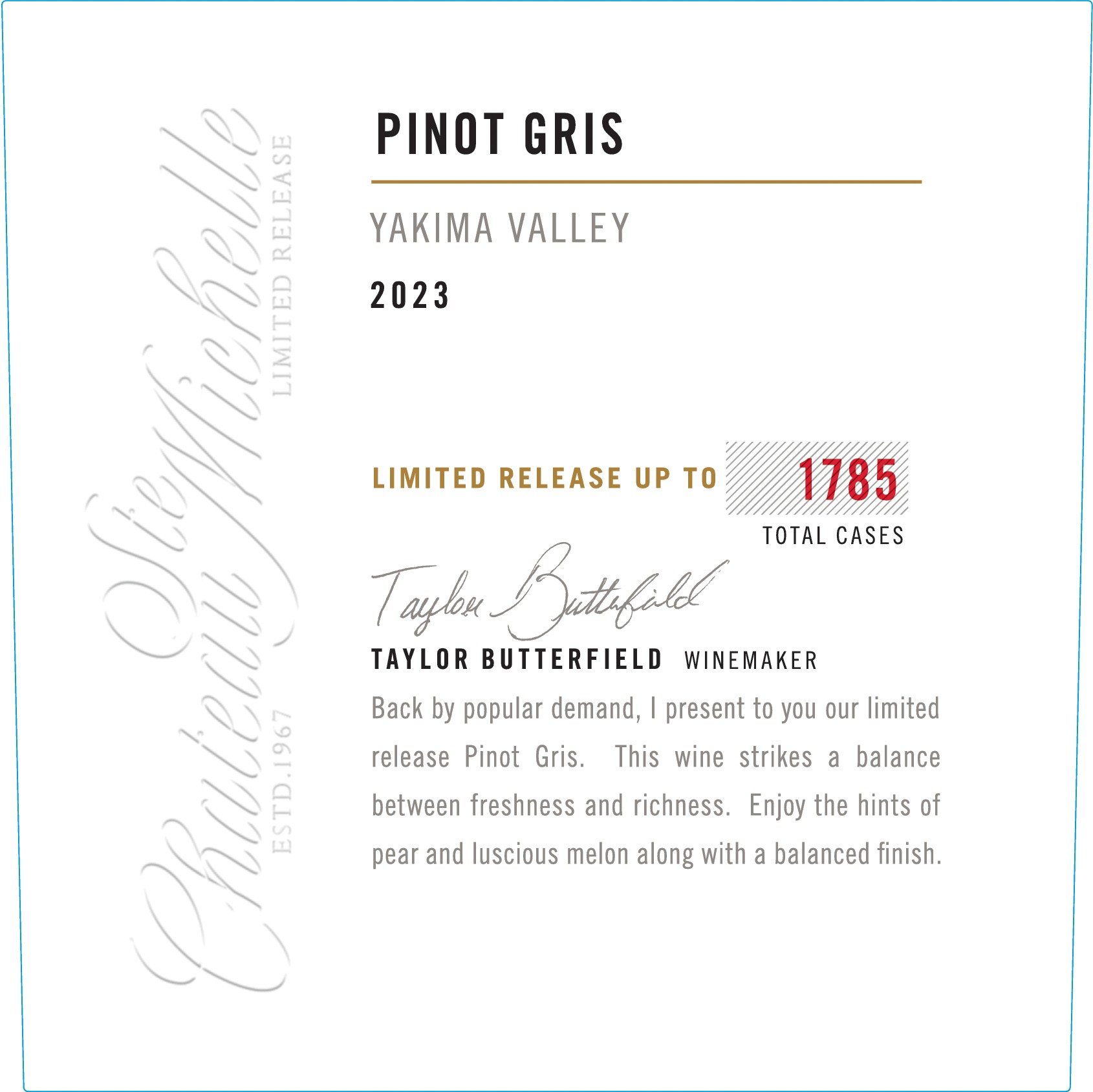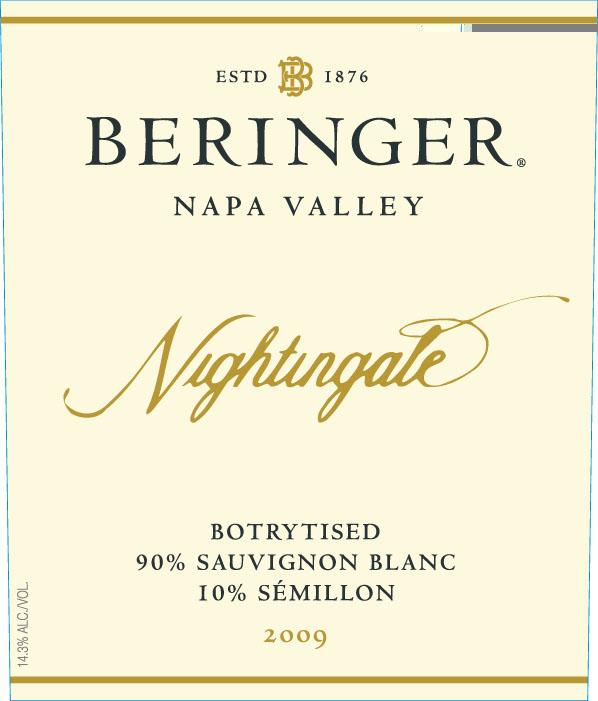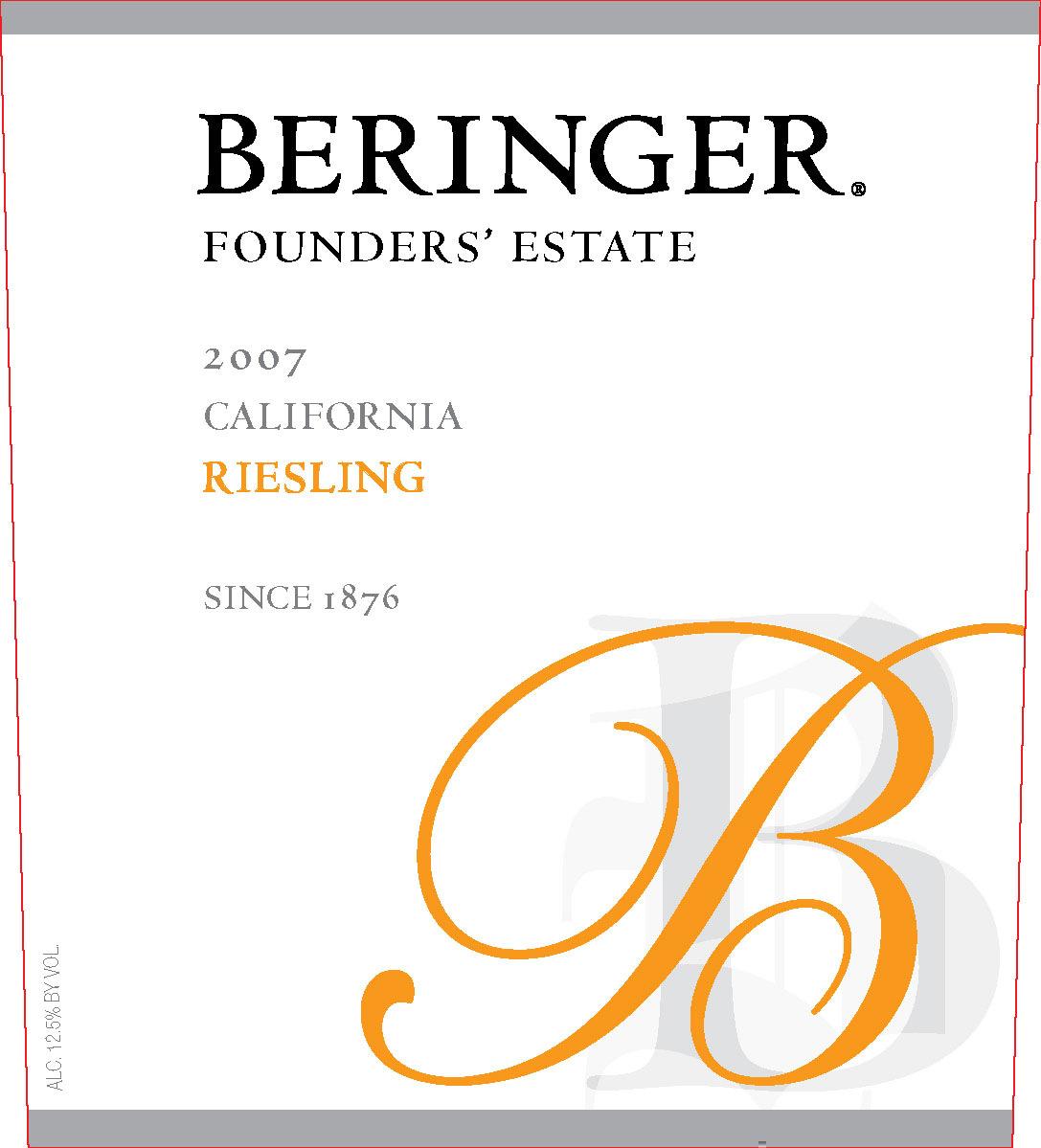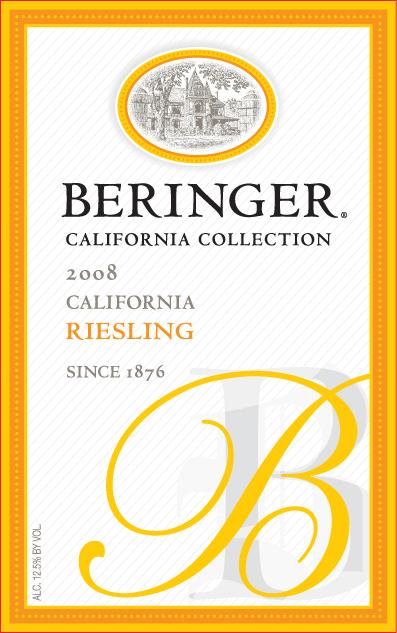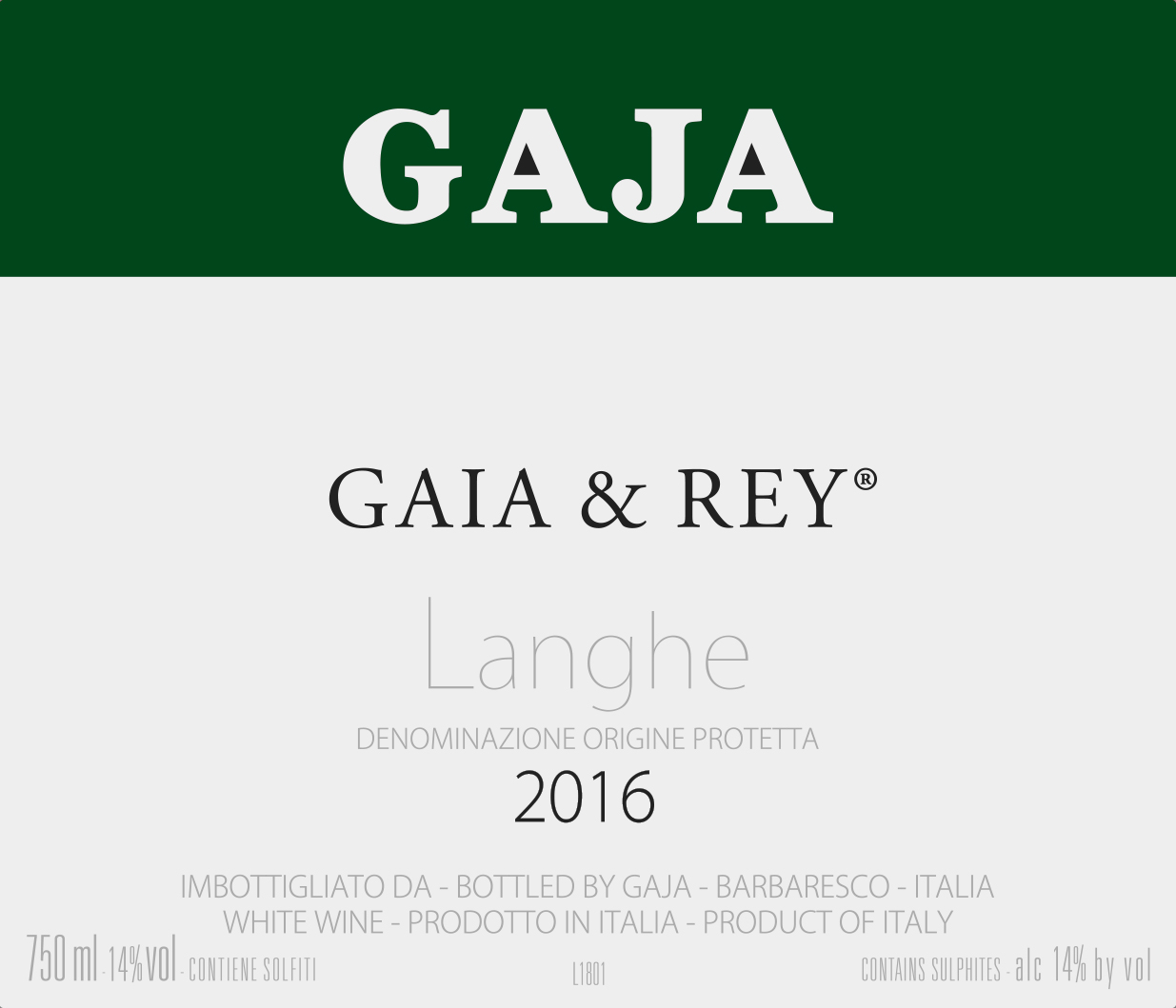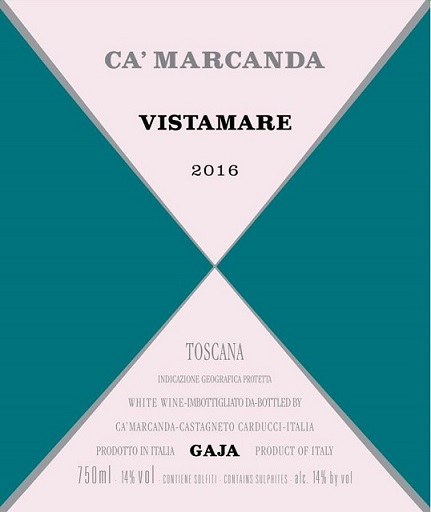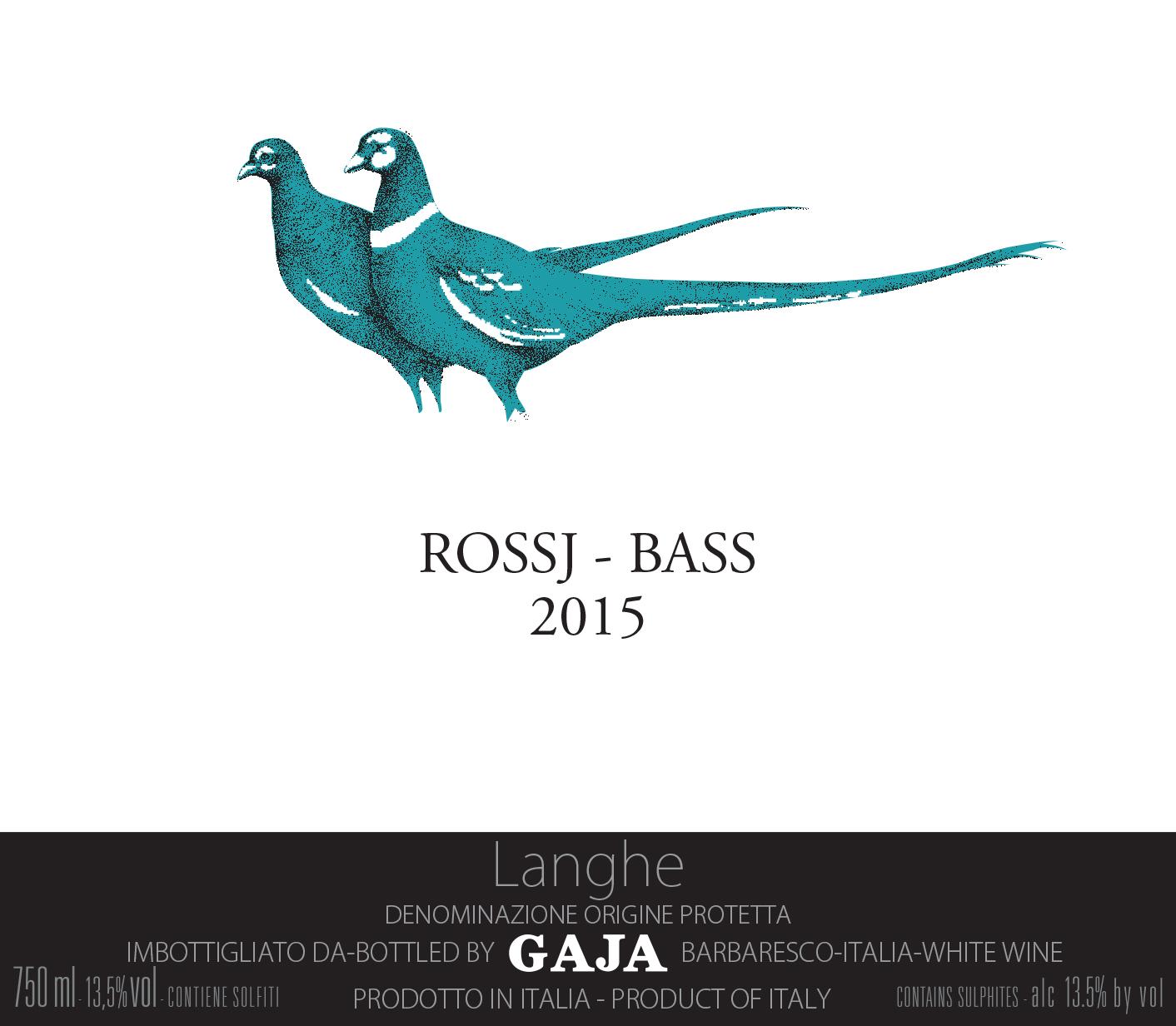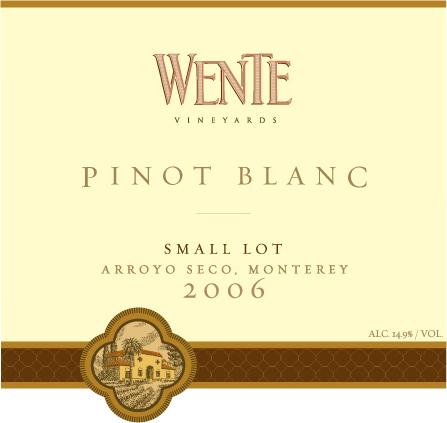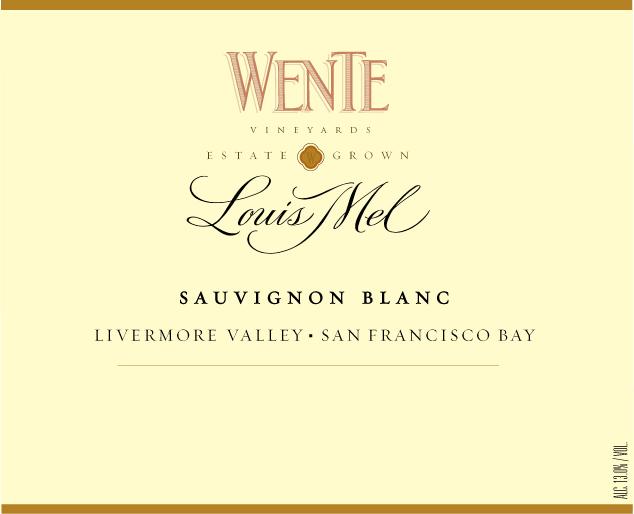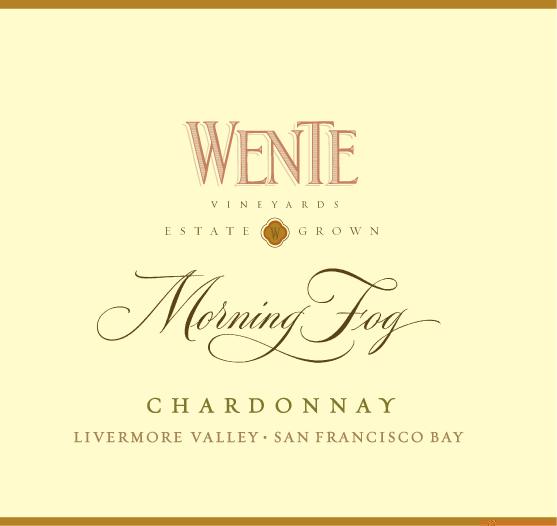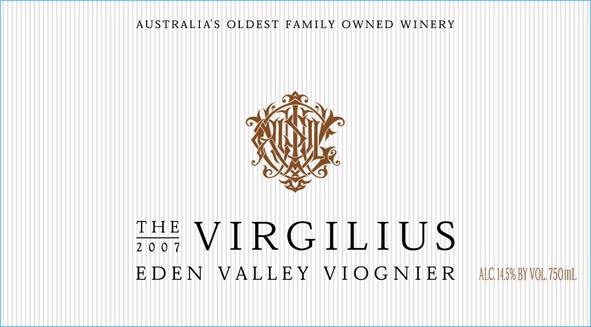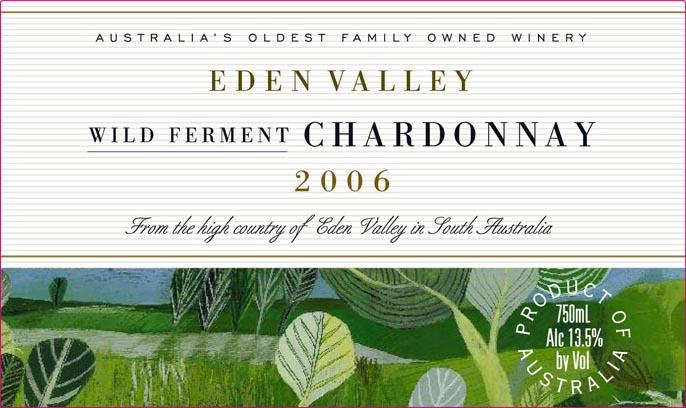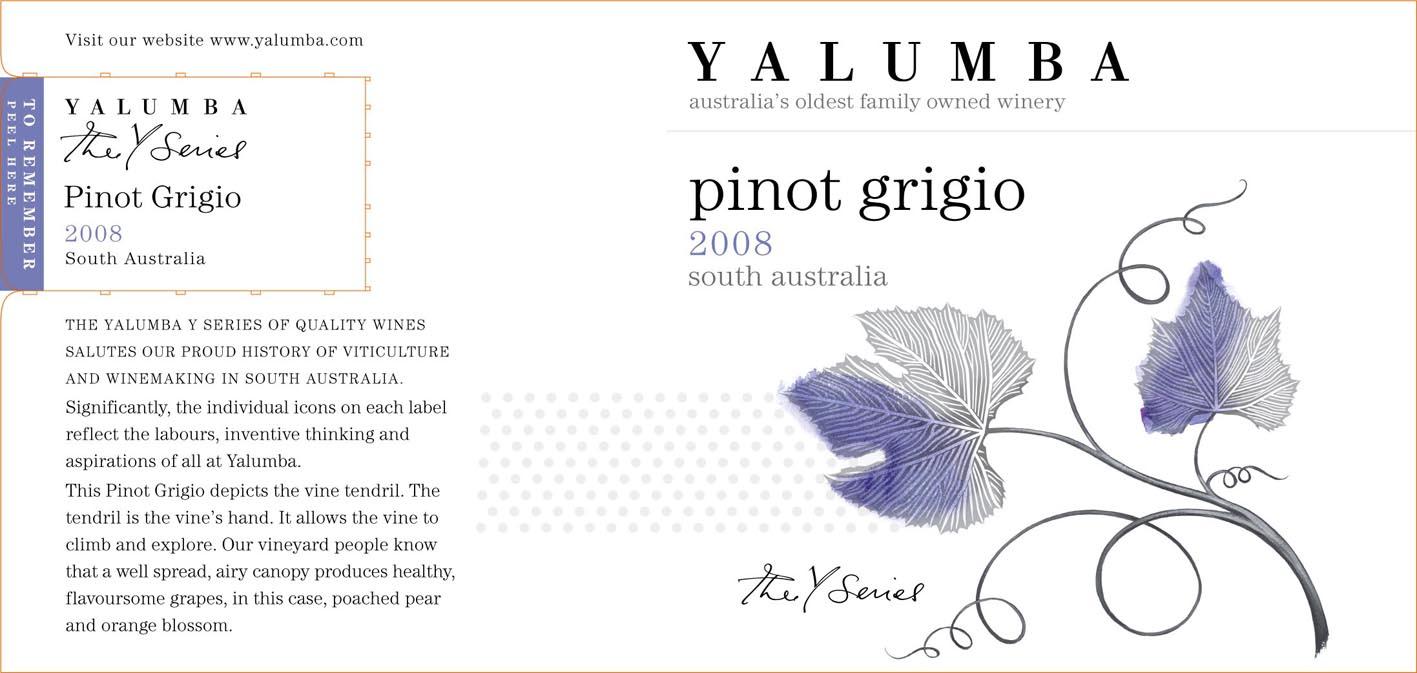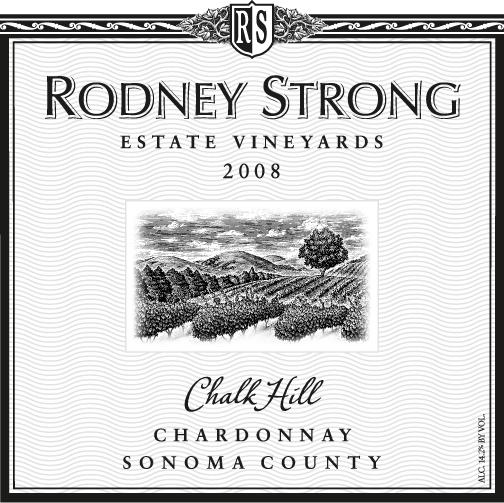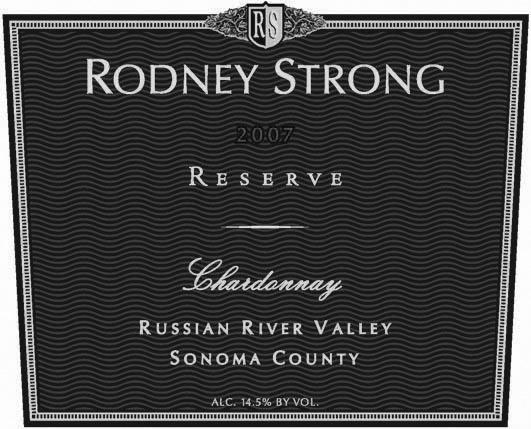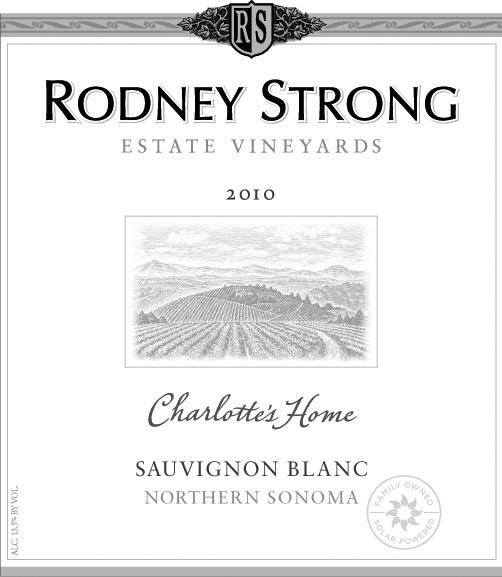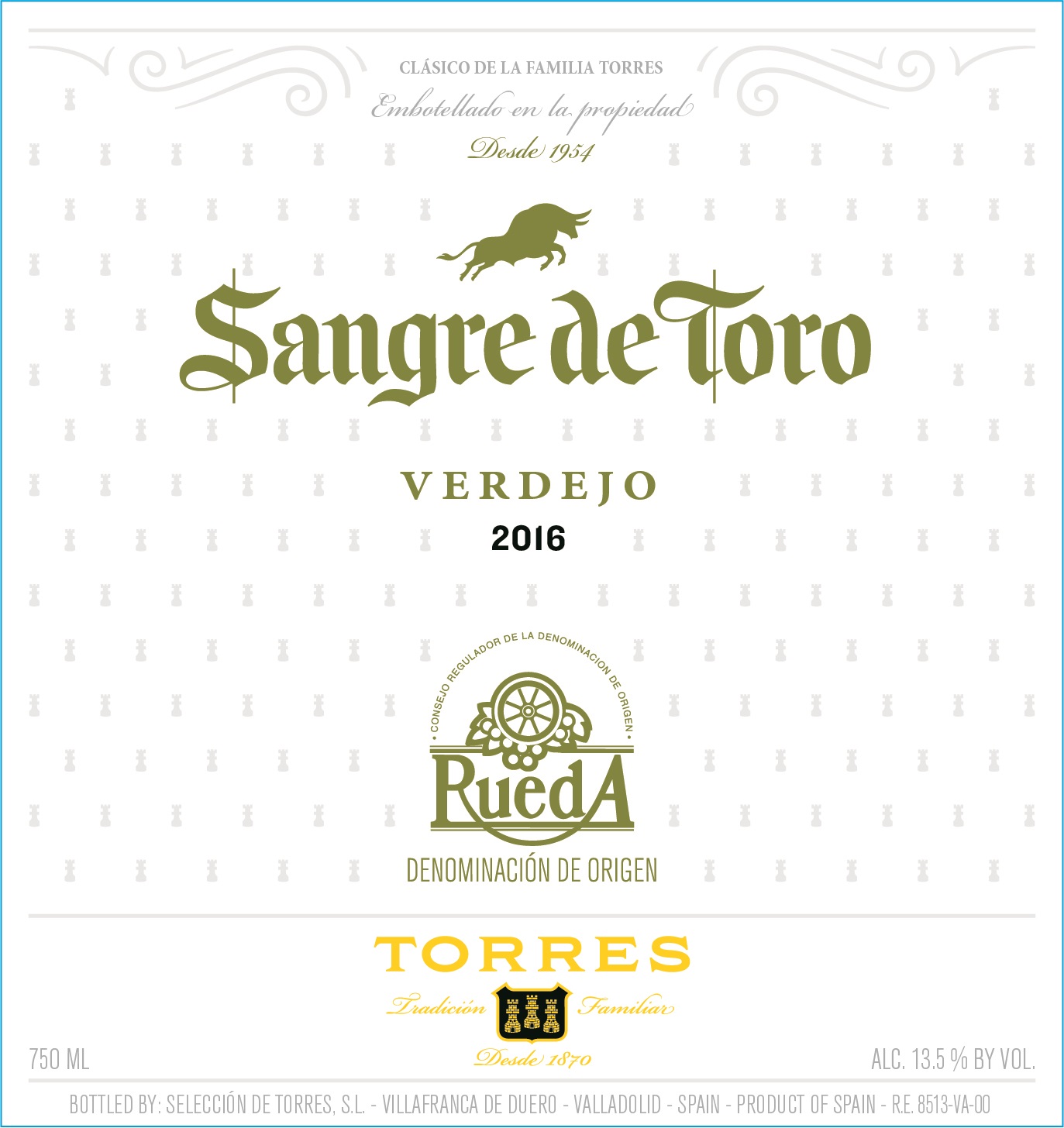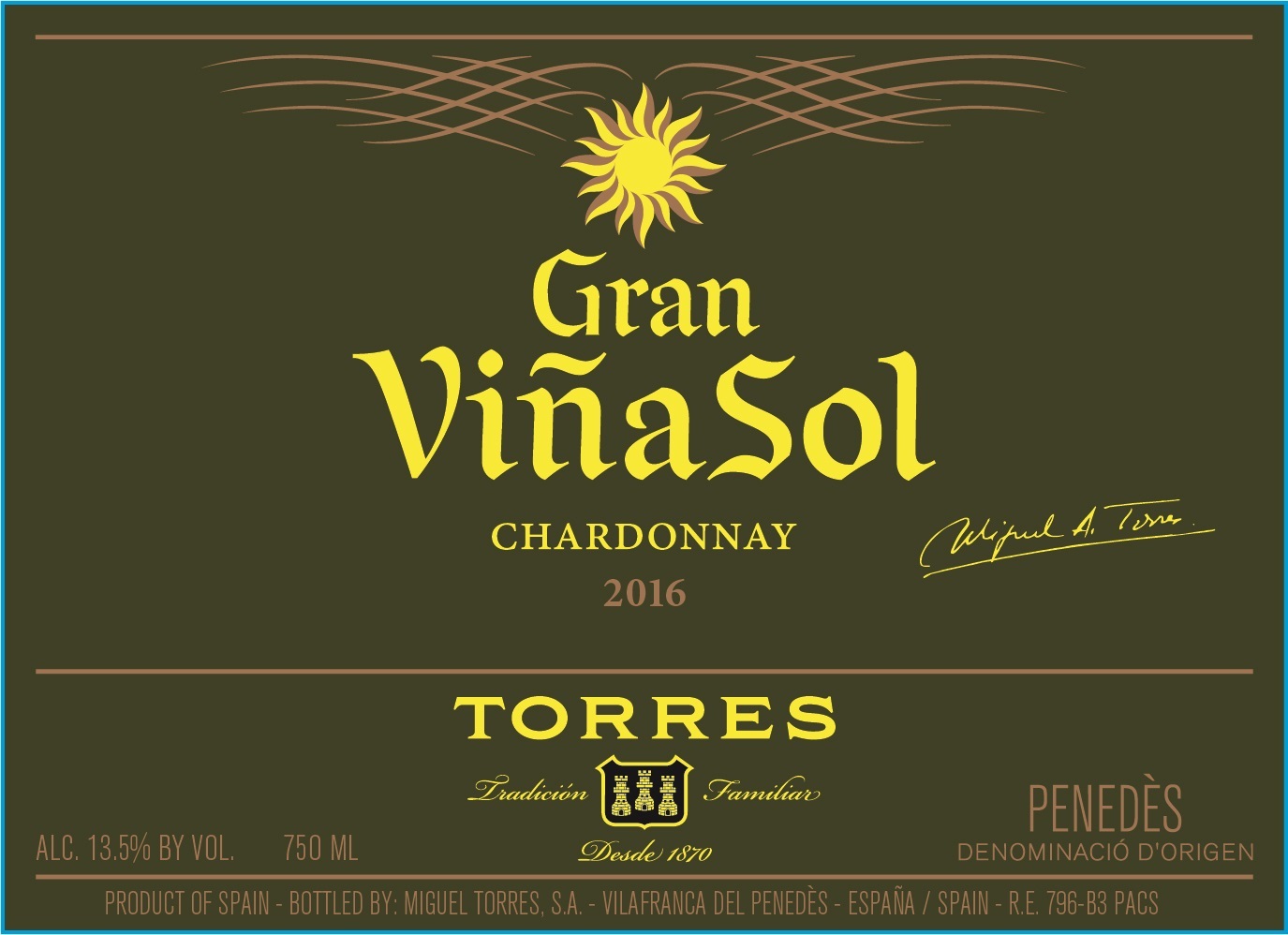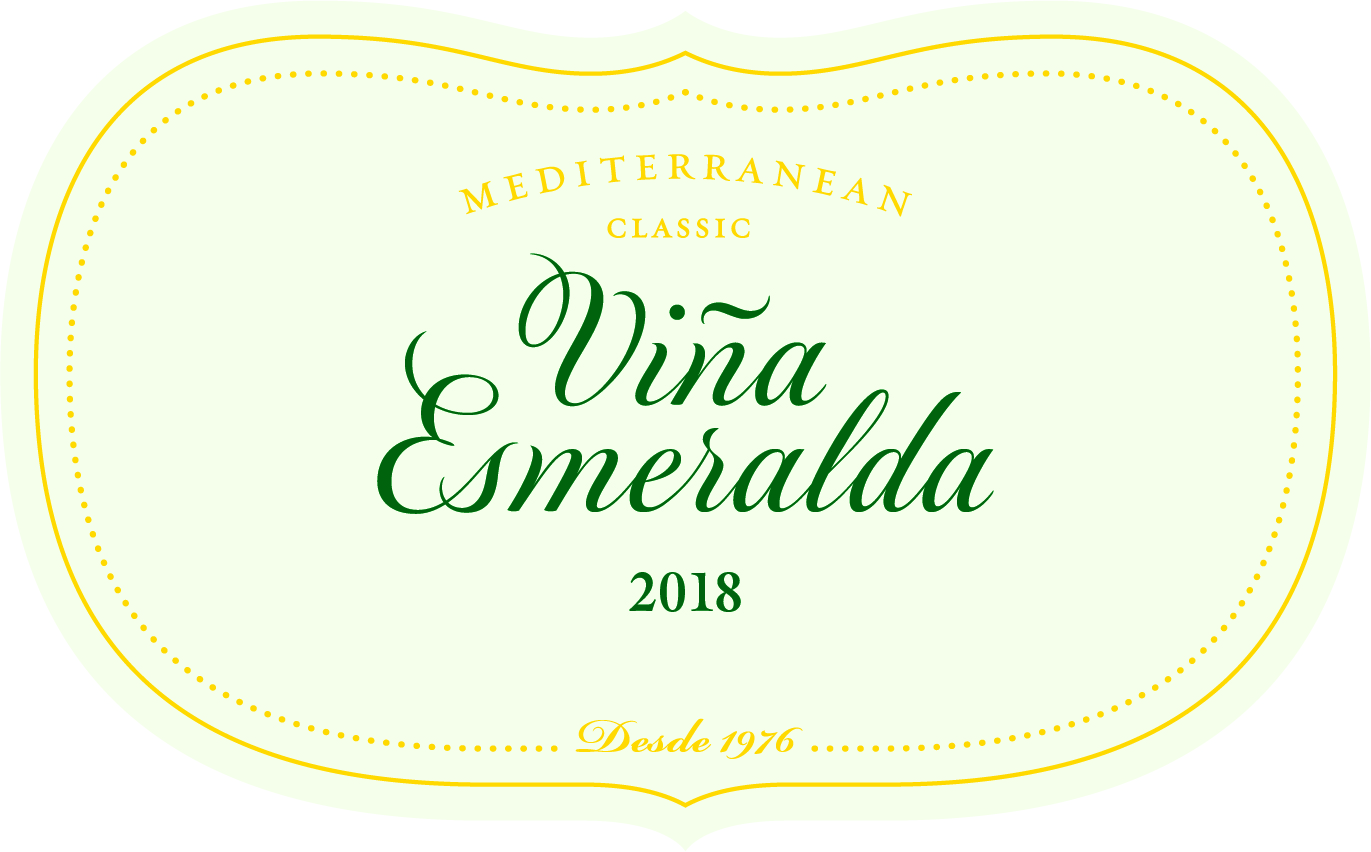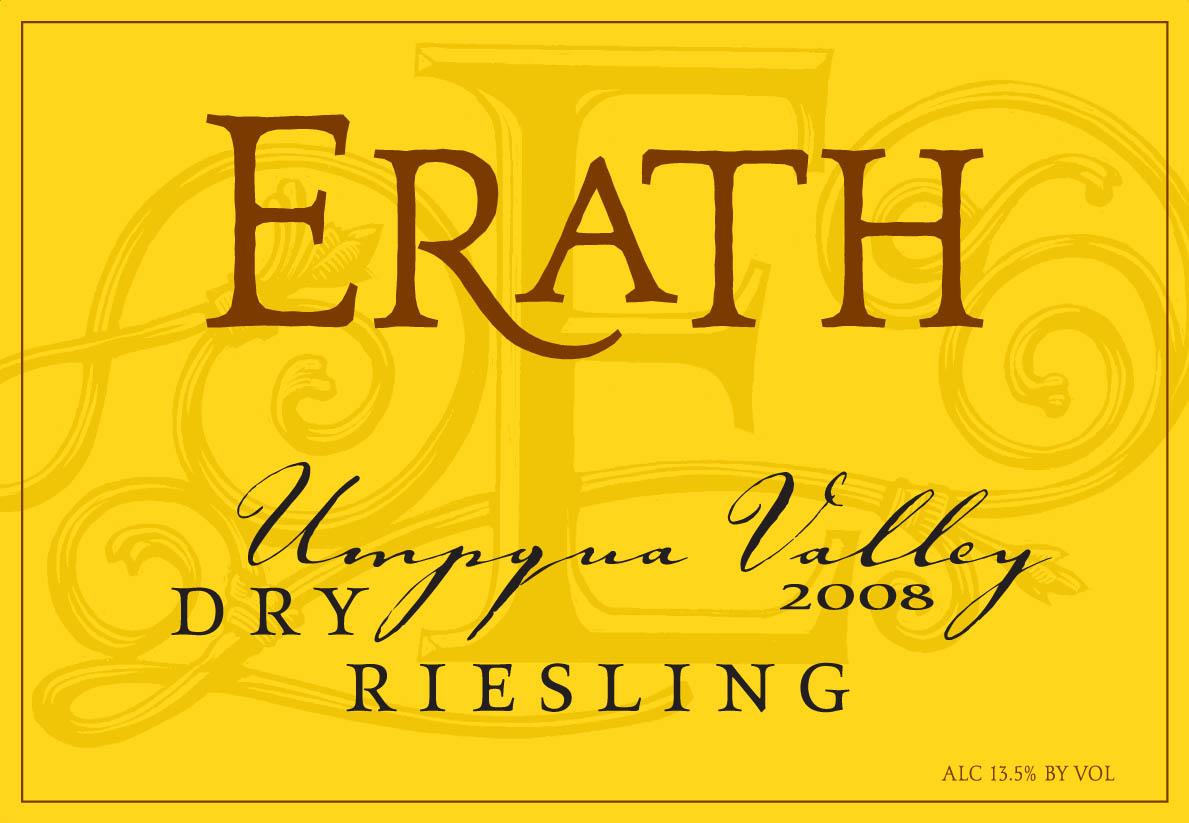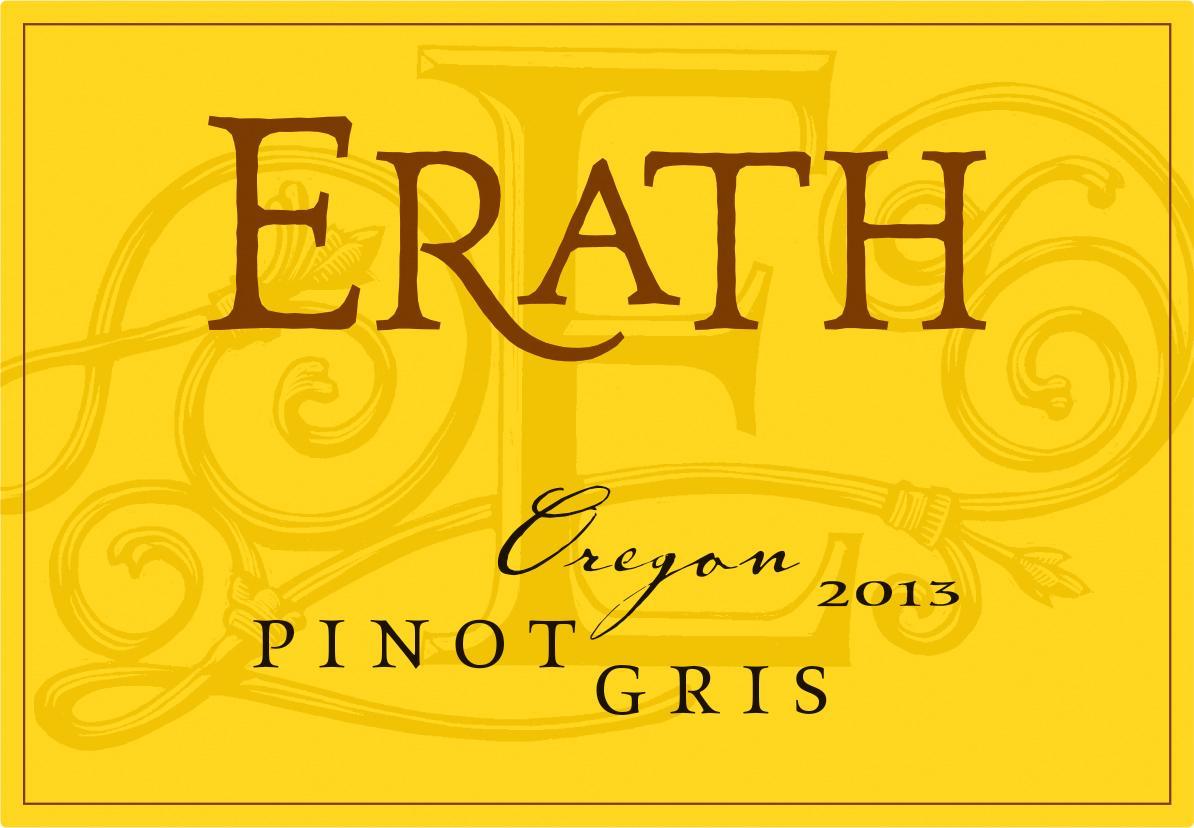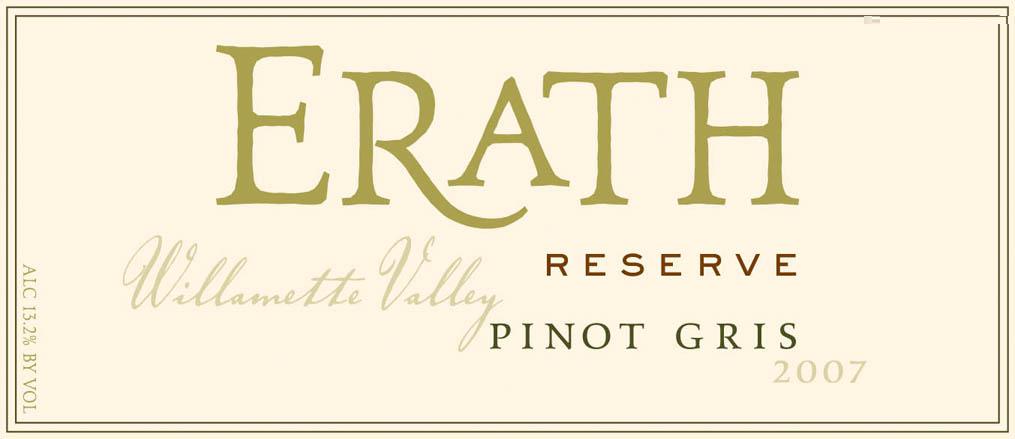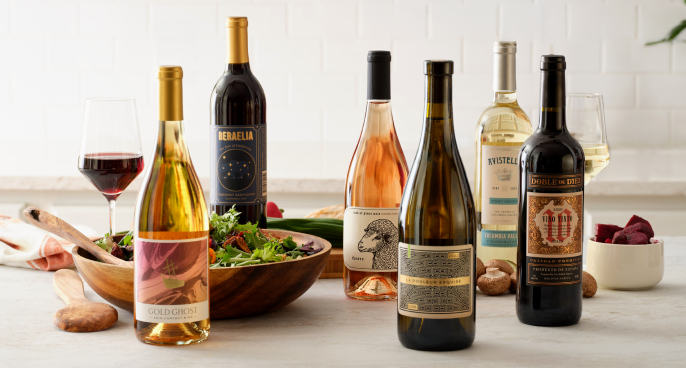Terroir of the Leelanau Peninsula AVA
The Leelanau Peninsula's terroir is shaped by its cool, continental climate, moderated by Lake Michigan and Grand Traverse Bay. The area receives 30–34 inches of rain annually and enjoys 2,300–2,500 growing degree days, leading to a short but productive growing season. This climate, along with the lake's influence, helps grapes achieve full ripeness while keeping their acidity lively.
The vineyards are planted on glacial till and outwash deposits, featuring sandy and gravelly loams enriched by limestone. These well-draining, nutrient-poor soils limit vine growth, giving the wines a crisp, mineral-like character. The gently rolling hills and varied landscape create unique microclimates. West- and southwest-facing slopes soak up the warm afternoon sun, while eastern slopes catch morning light, making it ideal for growing different grape varieties.
Notable Wineries in the Leelanau Peninsula AVA
The Leelanau Peninsula in Michigan, with its unique terroir and cool-climate conditions, is home to several notable wineries that capture the essence of the region. Here are a few standouts:
-
Black Star Farms: Celebrated for its diverse range, including sparkling wines, crisp Rieslings, and Chardonnay, along with spirits and cider.
-
Good Harbor Vineyards: Known for estate-grown varietals like dry Rieslings and barrel-fermented Chardonnay, focusing on straightforward tasting experiences.
-
45 North Vineyard & Winery: Famous for expressive whites such as dry Riesling, Pinot Gris, and Grüner Veltliner, showcasing vibrant acidity.
-
Shady Lane Cellars: A boutique estate crafting cool-climate reds and aromatic whites with low-intervention methods.
-
Chateau de Leelanau: Offers a broad selection, including Riesling, Gewürztraminer, and fruit wines, reflecting Northern Michigan’s fruit-growing tradition.
Sustainable Winemaking in the Leelanau Peninsula AVA
The Leelanau Peninsula is at the forefront of sustainable winegrowing, with many vineyards adopting organic and regenerative practices. These methods, like using livestock to naturally manage weeds and enhance soil health, are helping producers capture the true essence of their land. Cover crops such as clover and flowers are common, boosting biodiversity and soil health while reducing reliance on herbicides.
Water conservation is prioritized, with most vineyards relying on natural rainfall and using drip irrigation only when necessary. Energy efficiency is also gaining attention, with solar panels and passive solar designs becoming more common. While not every vineyard seeks certification, there is a strong community focus on environmentally friendly practices. This dedication ensures that the Leelanau Peninsula not only produces vibrant, crisp wines but also preserves its unique terroir for future generations.
Wine Tourism in the Leelanau Peninsula AVA
Leelanau Peninsula in Michigan is a captivating destination for wine tourism, featuring a range of experiences that celebrate its cool-climate viticulture.
Visitors can explore the Leelanau Wine Trail, a scenic route connecting numerous vineyards and wineries, ideal for both driving and cycling.
With over twenty wineries offering tastings, visitors can enjoy curated wine flights alongside artisanal food pairings, all set against stunning vineyard or water views.
Seasonal events and festivals further enrich the experience, highlighting the region's cultural and culinary offerings.
For those wishing to extend their stay, nearby villages like Leland and Suttons Bay offer charming accommodations and guided tours.
Beyond the vineyards, the natural beauty of the Sleeping Bear Dunes National Lakeshore and outdoor activities like kayaking and visiting local orchards enhance the allure of this wine region, making it a perfect blend of nature and wine culture.

